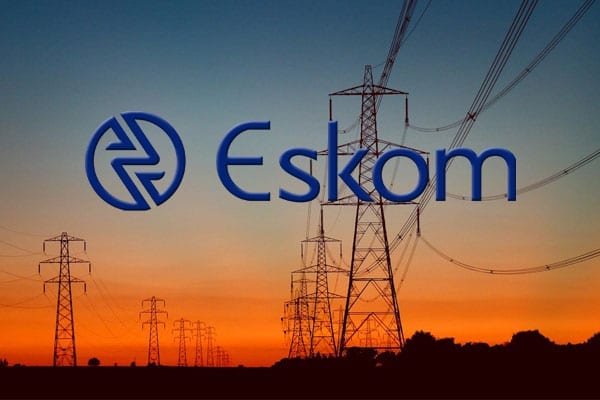 Eskom does not have an obligation to supply electricity to ratepayers and this has had civil rights organisations up in arms.
Eskom does not have an obligation to supply electricity to ratepayers and this has had civil rights organisations up in arms.
Eskom announced that it was going to cut off power to seven municipalities if they are unable to repay their outstanding debt. This led to organisations such as Afriforum and AfriBusiness filing a case against the power utility which was dismissed in the North Gauteng High Court at the end of last week. In a statement, Eskom said that Judge Hans Fabricius who presided over the case emphasised that it was “necessary to appreciate the context in which Eskom operates in the national economy, seen against the background of its Constitutional rights and obligations”. He also highlighted that “the duties of municipalities to honour their obligations to Eskom are important in the present context”. However members from the South African Local Government Association (Salga) said that cutting off power to municipalities was the wrong way to solve the problem. “We do not think that cutting electricity off to the municipalities or stopping the supply is the right way to go,” Mohammed Logart told eNCA. The potentially affected municipalities include the Free State, North West, Mpumalanga and Northern Cape provinces. Civil rights organisations filed the case against the power utility in order to “interdict Eskom’s planned reduction of the supply of electricity to the defaulting municipalities,” Eskom said. Eskom reported that the outstanding amount had risen to R10,2 billion, which grew over the past eight months from R6 billion.
“In the last five years, the overdue debt has increased tenfold with the March 2017 forecast being in excess of R12 billion,” Eskom said.
Eskom’s interim chief executive Matshela Koko welcomed the court’s decision and said that while legislation allows Eskom to “completely terminate supply to the defaulting municipalities”, the power utility had opted for a “less invasive approach”. This will include scheduled interruptions for certain hours of the day. Eskom had initially threatened to cut electricity to the defaulting municipalities from last week Friday, but on Thursday agreed to delay the process until 16 January.
Eskom addressed non-payment with affected municipalities
Eskom said it embarked on various interventions at provincial level with affected municipalities and representatives from the Department of Public Enterprises, National Treasury and the Departments of Cooperative Governance and Traditional Affairs to address the non-payment of the Eskom accounts. “To entice defaulting municipalities, Eskom offered to suppress future interest on the overdue amounts provided they adhered to the payment plans,” Koko said. “At an interest rate of prime plus 5% this is a huge incentive and could save the municipalities millions of rand. Sadly, only two of the payment arrangements entered into are still being honoured,” he added.
Why Eskom can cut power to municipalities
What enables Eskom to cut off supply to these municipalities is the Electricity Supply Agreement, the Eskom Distribution Licence Conditions and the Electricity Regulation Act (Act 4 of 2006). The power utility said this allowed it to disconnect the customers for non-payment after having given the customer 14 days written notice.
Eskom relies on municipal revenue
“It is imperative for Eskom to collect its revenues or else the entity will not be sustainable,” Eskom said. Koko explained that municipalities contributed almost 42% of Eskom’s total sales and almost 41% of Eskom’s revenue annually – therefore the non-payment of accounts has a significant impact on Eskom’s cashflow. “Failure to act renders Eskom in breach of the Public Finance Management Act and its licence conditions, as Eskom is obliged to collect all revenue due and enforce the conditions of the electricity supply agreement with municipalities,” Koko said.
 Eskom does not have an obligation to supply electricity to ratepayers and this has had civil rights organisations up in arms.
Eskom does not have an obligation to supply electricity to ratepayers and this has had civil rights organisations up in arms.






